Smithfield Foods has a lot to answer for after a drone recently exposed the vile environmental practices happening at one of its pig farms in North Carolina.
Filmmaker Mark Devries flew a drone over the hidden farm to see what was happening behind the thick forest cover surrounding it. Next to the warehouses packed with thousands of pigs, the drone spied a massive cesspool the size of four football fields.
According to a former local farmer, Don Webb, “It is a cesspool that you put feces and urine in a hole in the ground that you dump a toxic waste in.” All of the pig waste is collected in the warehouses and flushed into the giant pool large enough to accommodate the waste needs of a small city. What happens with the waste is even more disturbing.
The waste is emptied from the pool into gigantic garden sprayers strewn about the premises that spew a toxic mist into the air. When it catches the wind, pellets of fecal matter and urine contaminate the neighboring communities. According to local resident Elsie Herring, “You think it’s raining. We don't open the doors or windows, but the odor comes in. It takes your breath away and then you start gagging, you get headaches.”
[h/t Farm Drones]






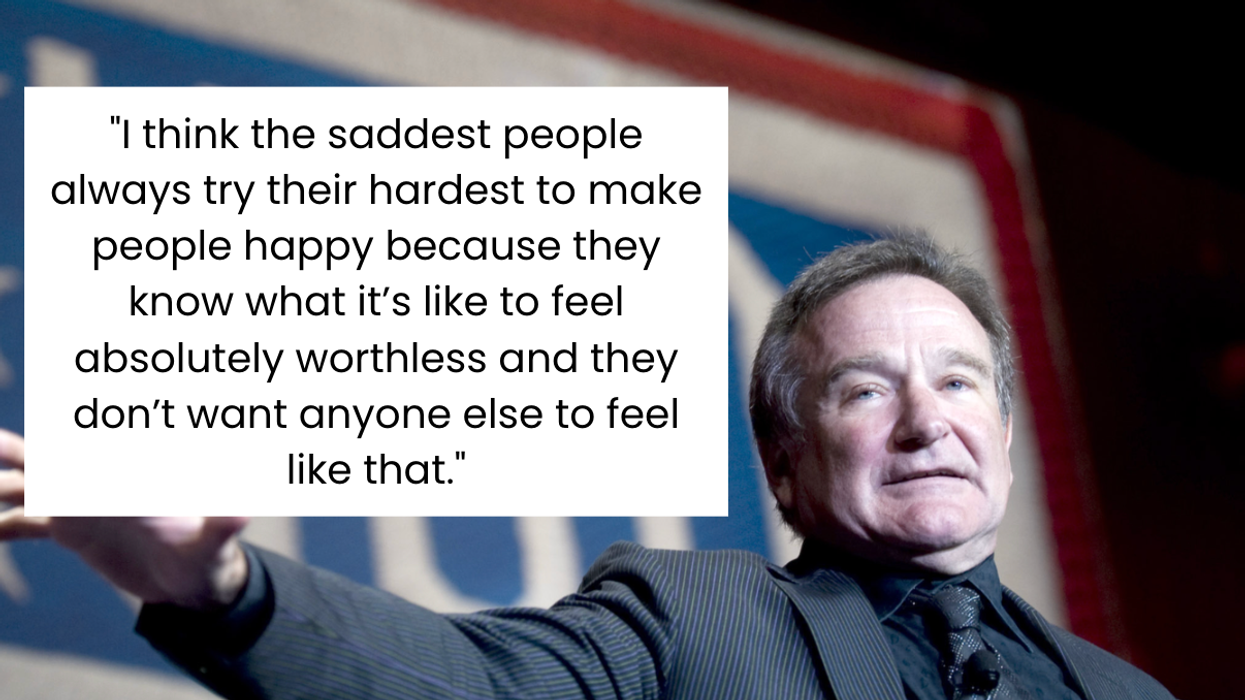







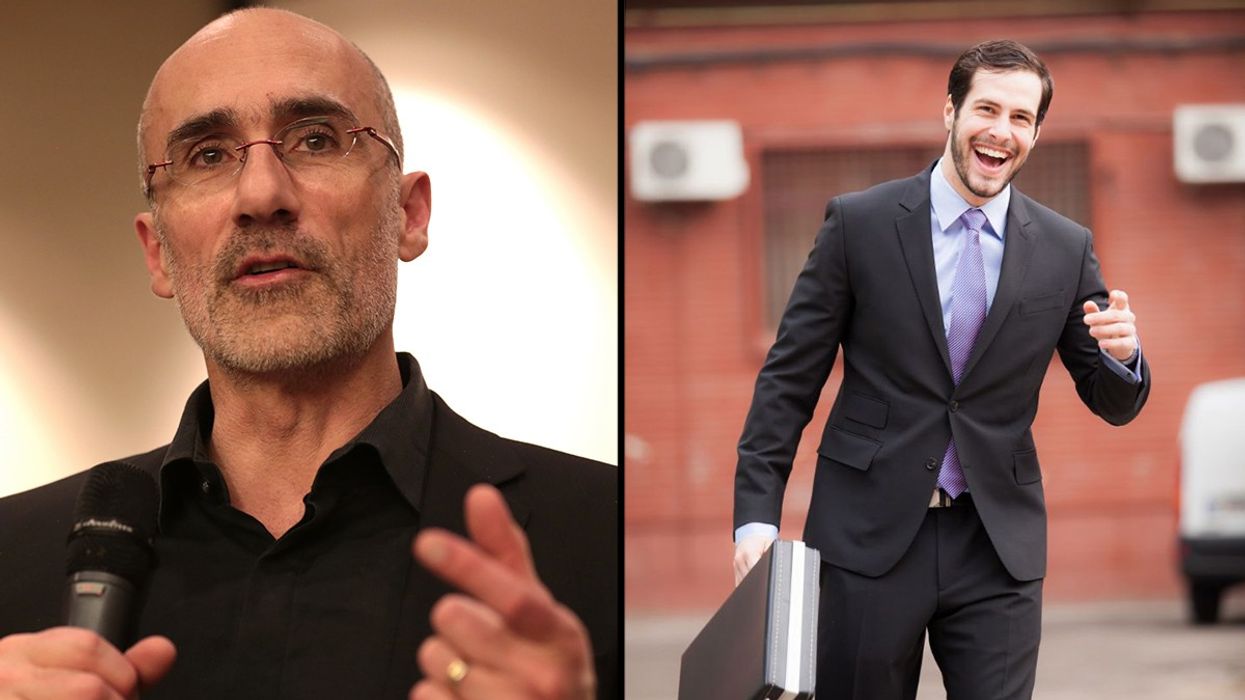
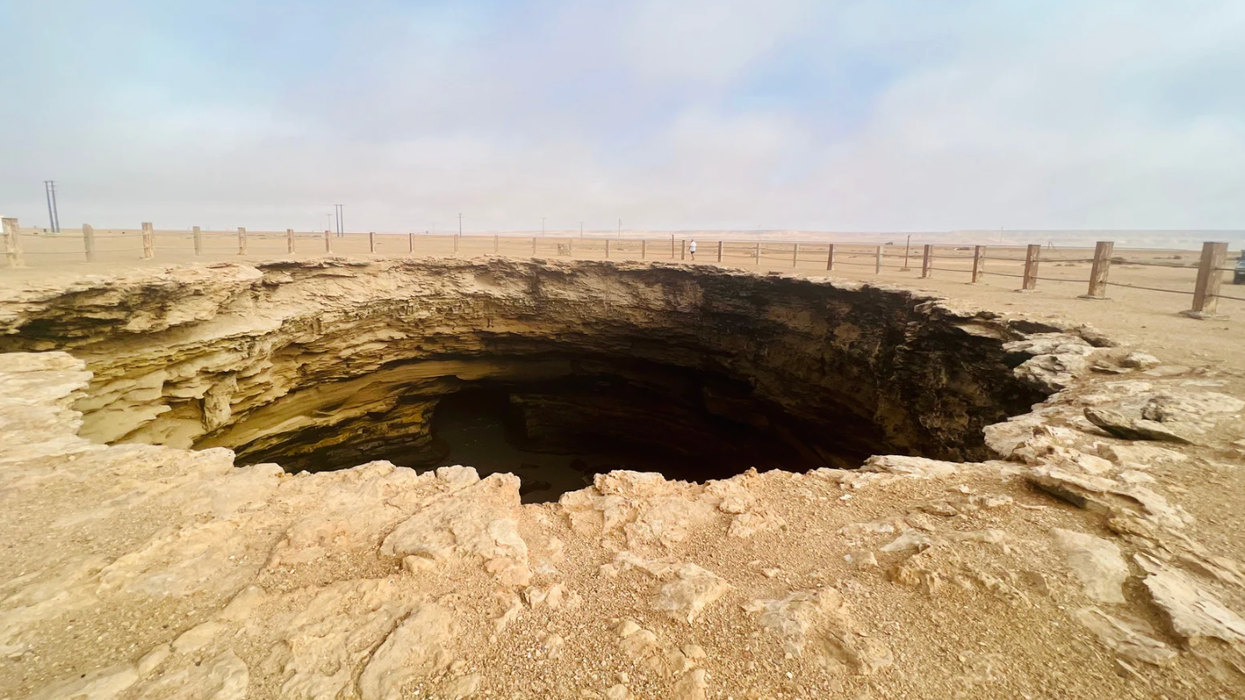
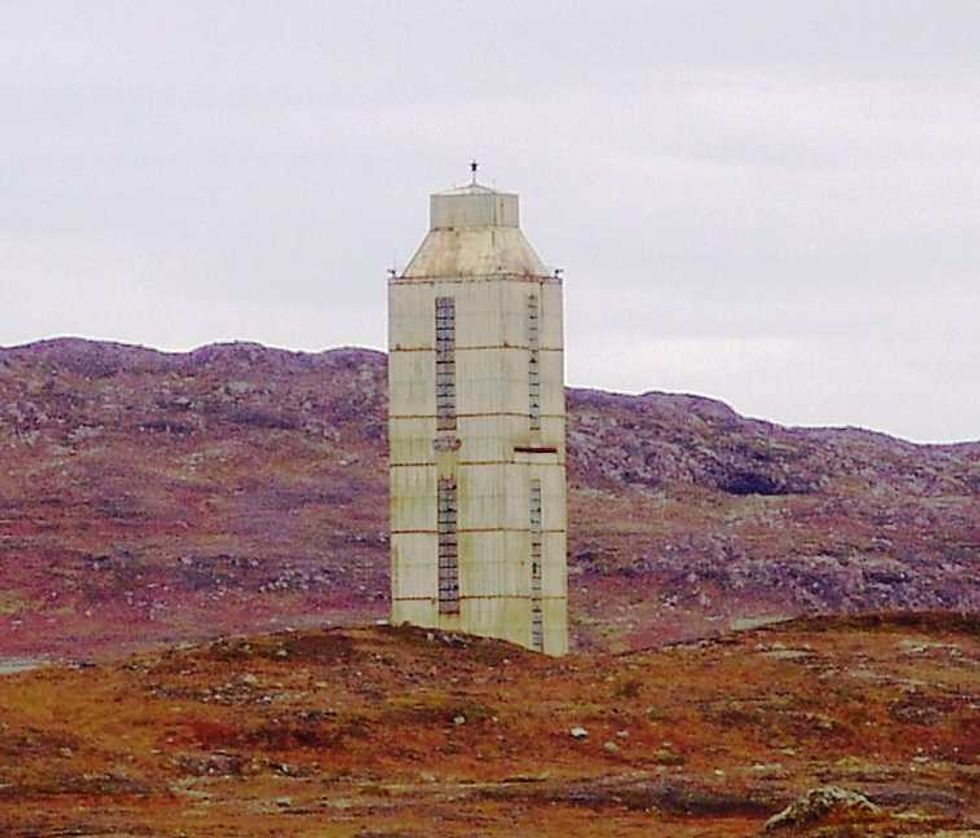 Superstructure of the Kola Superdeep Borehole, 2007
Superstructure of the Kola Superdeep Borehole, 2007 



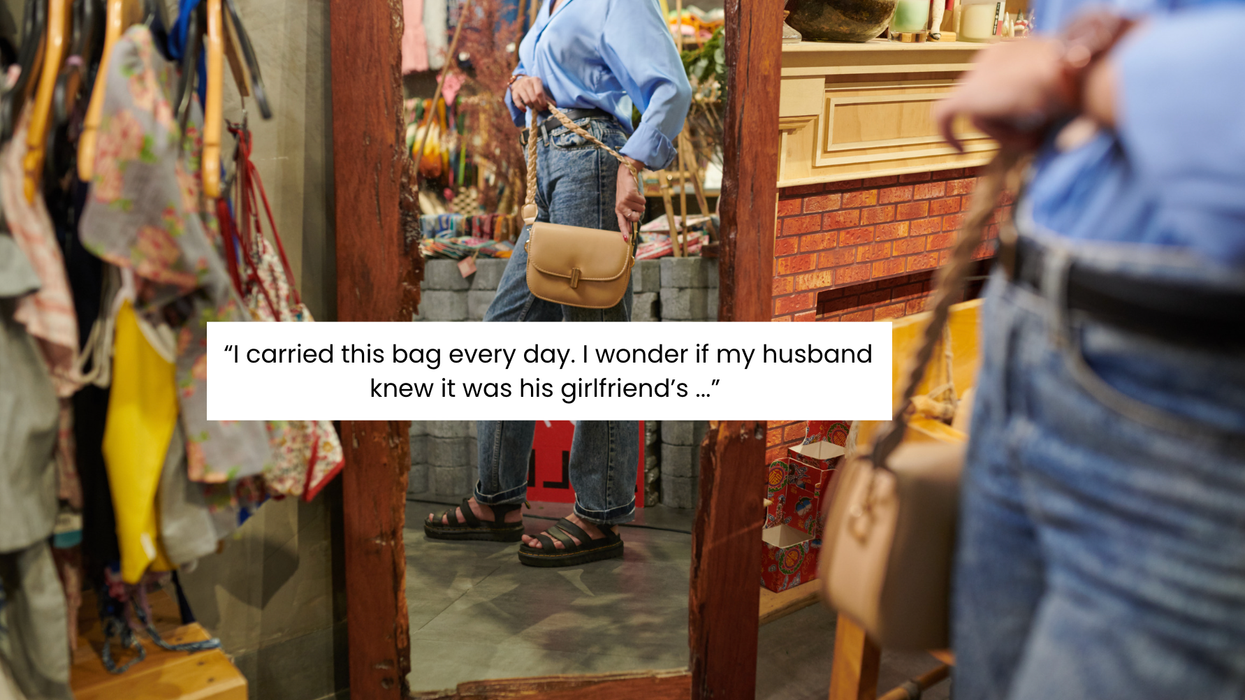
 Two women shop at clothing storeCanva
Two women shop at clothing storeCanva

 "I'm watching you..."
"I'm watching you..."  Reddit |
Reddit |